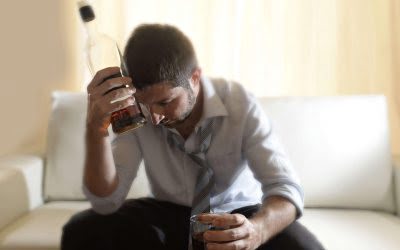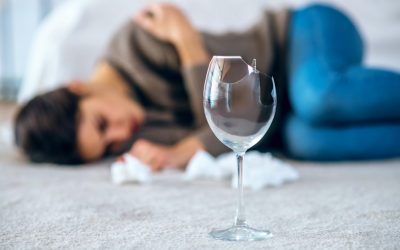It is important to approach setbacks with resilience and develop effective strategies to regain control and prevent relapse. These groups often follow a relapse prevention skills 12-step program that encourages personal growth, self-reflection, and accountability. By attending these meetings regularly, individuals can establish connections with others who are on a similar journey, fostering a sense of belonging and understanding. Whether you’re in early recovery or looking to strengthen your relapse prevention plan, help is available. From evidence-based therapy to peer support groups, there are countless resources designed to keep you on track. Choosing the right therapy style can make a big difference in how supported and empowered you feel during recovery.
What Are the Signs of Relapse in Addiction?
One of the most widely used relapse prevention techniques is the HALT model. The acronym “HALT” stands for Hungry, Angry, Lonely, and Tired—four common conditions that can trigger a relapse. Whether you or a loved one are experiencing challenges controlling their addictive behaviors, the road toward rebuilding self-control can be overwhelming. Techniques such as the HALT assessment and drug addiction treatment mindfulness meditation improve self-awareness, helping you recognize and address warning signs early on. This proactive approach can stop small issues from growing into bigger obstacles.

Meth Addiction Treatment In Kansas: Compassionate Care That Works
Check the end of the article for a printable version to keep near by and refer to in times of need, or to share with clients. The last stage of relapse is the physical relapse stage, where people turn to substances and use again. While this stage of relapse might make you feel lost and hopeless, it’s important to know that relapse is expected during the recovery process. A personalized relapse prevention plan acts as your roadmap for staying on track during tough moments, helping you stay focused on long-term recovery goals.
- But in the repair stage of recovery, it is not unusual for individuals to feel worse temporarily.
- It is remarkable how many people have relapsed this way 5, 10, or 15 years after recovery.
- Additionally, join local recovery meetings to interact with peers in similar situations.
- Recognizing triggers is one of the first skills taught in relapse prevention programs.
Skill 1: Developing Healthy Coping Mechanisms
When you feel strong and you’re motivated to not use, then tell yourself that you won’t use for the next week or the next month. But when you’re struggling and having lots of urges, and those times will happen often, tell yourself that you won’t use for today or for the next 30 minutes. Do your recovery in bite-sized chunks and don’t sabotage yourself by thinking too far ahead. A common mental urge is that you can get away with using, because no one will know if you relapse.

When individuals are under stress, their ability to cope with cravings and triggers is often compromised. This is why it is crucial for individuals in recovery to develop effective stress management techniques, such as exercise, meditation, or therapy. As individuals in recovery develop and practice coping skills, they gain a sense of self-efficacy—the belief that they can handle life’s challenges without turning to substances.
Greater Boston Addiction Centers
Whether it’s reaching a week of sobriety, attending therapy sessions consistently, or developing a new coping mechanism, each accomplishment deserves recognition. https://hdpemangchongtham.com/how-to-find-meaning-in-life-7-steps-to-a-more/ Peer pressure and external influences can present significant challenges in maintaining sobriety and preventing relapse. It’s important to develop the skill of setting boundaries and assertively communicating one’s needs and decisions to resist negative influences.

- Relapse prevention skills are essential for maintaining sobriety and building a meaningful life after addiction.
- Sharing your goals for sobriety with a friend makes all the difference.
- For example, individuals work hard to achieve a goal, and when it is achieved, they want to celebrate.
- Whether you’re battling substance abuse, alcohol addiction, or any other type of dependency, these strategies can provide the support and guidance needed to overcome cravings and triggers.
- In addition to avoiding triggers, it’s essential to develop healthy coping strategies to manage them when they arise.
When these triggers arise, without proper coping strategies, individuals may turn to old habits, leading to a relapse. This is where coping skills come in—they help individuals manage, reduce, or avoid these triggers in healthier ways. Cultivating healthy relapse-prevention coping skills can make all the difference during recovery. Some relapse prevention skills work better for some than they do for others, but common coping skills for relapse prevention will be detailed below. Being aware of these triggers and the cravings they produce is the first step in preventing relapse.
